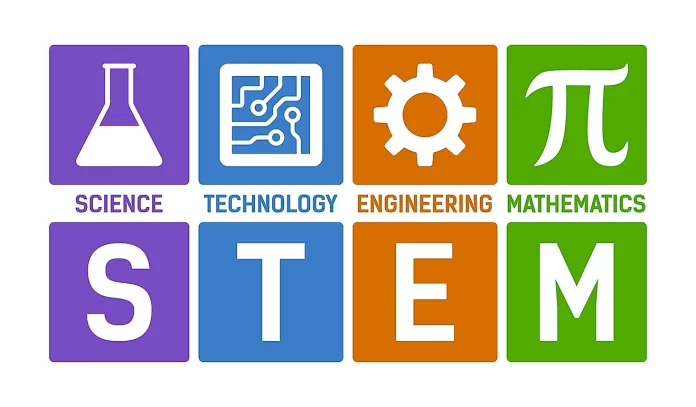Corporate organisations have been asked to support projects that tend to promote science, technology, engineering, and mathematics (STEM) education.
Mrs Olivia Serwaa Opare, Director, Science Education Unit of the GES, said the valuable contribution was vital to strengthening the academic discipline as the nation sought to nurture the acumen of the youth in STEM.
She said STEM education had become the cornerstone for the socio-economic prosperity of many developing countries because it helps to build the ability of the youth to use critical thinking, research and innovative ideas to solve problems affecting society.
Mrs Opare was speaking at the induction of 25 Junior High School finalist teams, drawn from the Greater Accra Region, to commence various innovative projects under the Ghana Science and Tech Explorer Prize (GSTEP) Challenge.
The GSTEP Challenge focuses on improving the quality of education, creating opportunities for the youth, and providing development solutions for local communities through STEM.
Increased sex education necessary to curb teenage pregnancy in Bono East
Ghana Health Service launches “Atoua” TV series for family planning education
It is being funded by Fondation Botnar, a Swiss philanthropic foundation working to improve the health and well-being of young people living in cities around the world.
The Fidelity Bank, Stanbic Bank, Multimedia Group, Graphic Communications Group and the GES are some of the key institutions providing support to advance the cause of practical learning across the two participating regions (Ashanti and Greater Accra).
With the induction, the teams have two months to create and design their prototype (project for the competition) slated for December, this year, to win the ultimate prize.
According to the organisers, a total of 800 entries were submitted for the Greater Accra edition of the Challenge, and after a thorough assessment by independent assessors, the 25 teams were selected.
Each of the teams is being provided with the needed resources to create a project or product which seeks to find a lasting solution to development challenges within their environment.
Mrs Opare said the ability to think critically, and challenge standards was the basis of innovation, stressing that “innovative thinkers are the movers and shakers that have the potential to change the world”.
Nowadays, most careers require some amount of knowledge in science, technology, engineering and mathematics, she observed, saying regardless of the future career path considered by the youth these skill sets go a long way to preparing them to be innovative.
Mr. Siddhartha Jha, Artificial Intelligence and Digital Innovation Manager of Fondation Botnar, indicated that the programme was designed to prepare the leaders of tomorrow, who could address societal challenges effectively by putting technology to good use.
As part of the event, the finalists participated in a series of workshops aimed at providing them with the skills needed to enable them to carry out their activities efficiently during the programme.
The workshops were focused on STEM-based education, team building and collaboration, entrepreneurial skills, business plan development, prototyping and project development.
The finalists also participated in a drone flying experience, led by the Ghana Flying Labs, a tech hub using drones, robotics and AI in facilitating world class training, skills development, innovation and business incubation.

